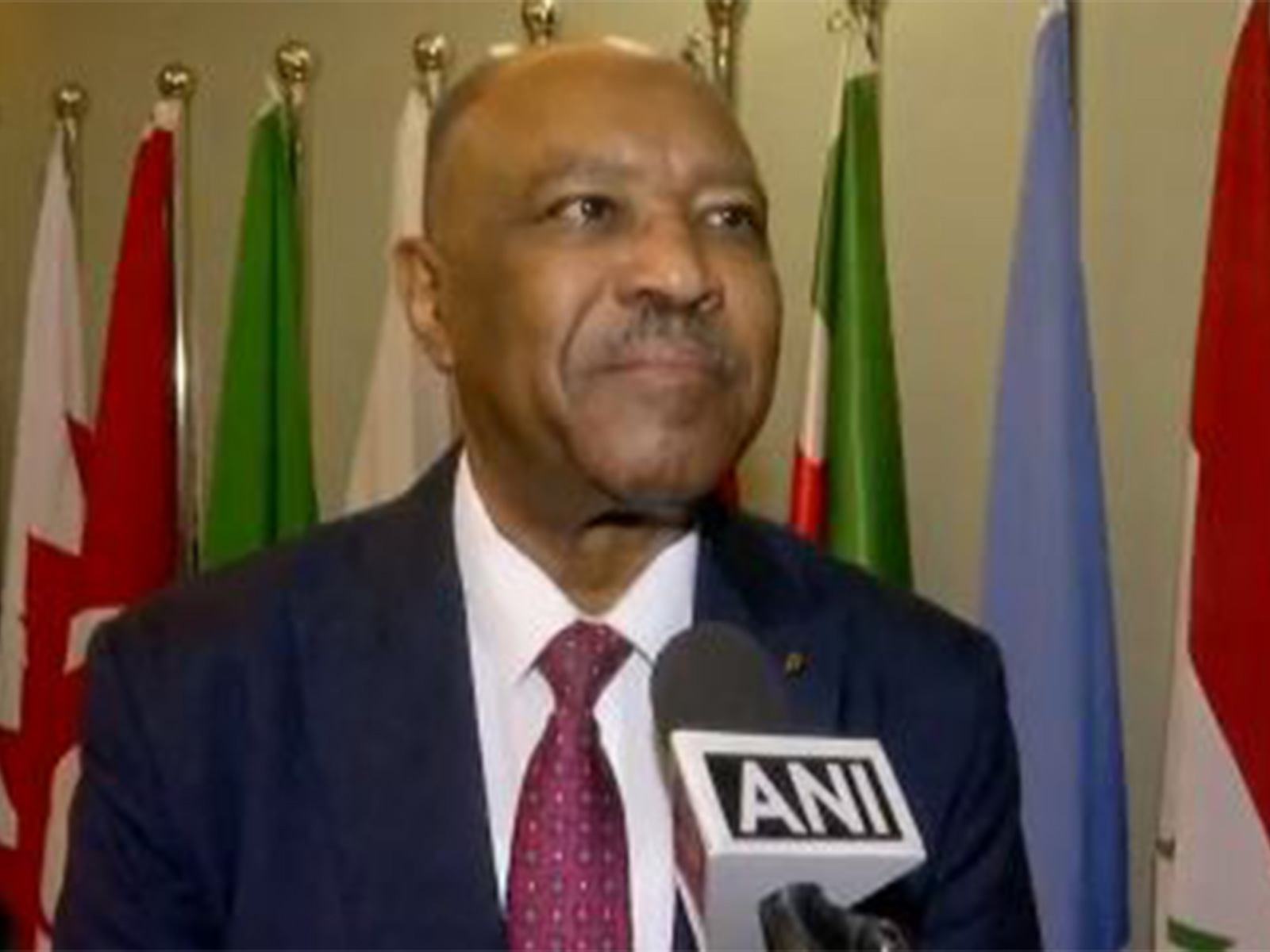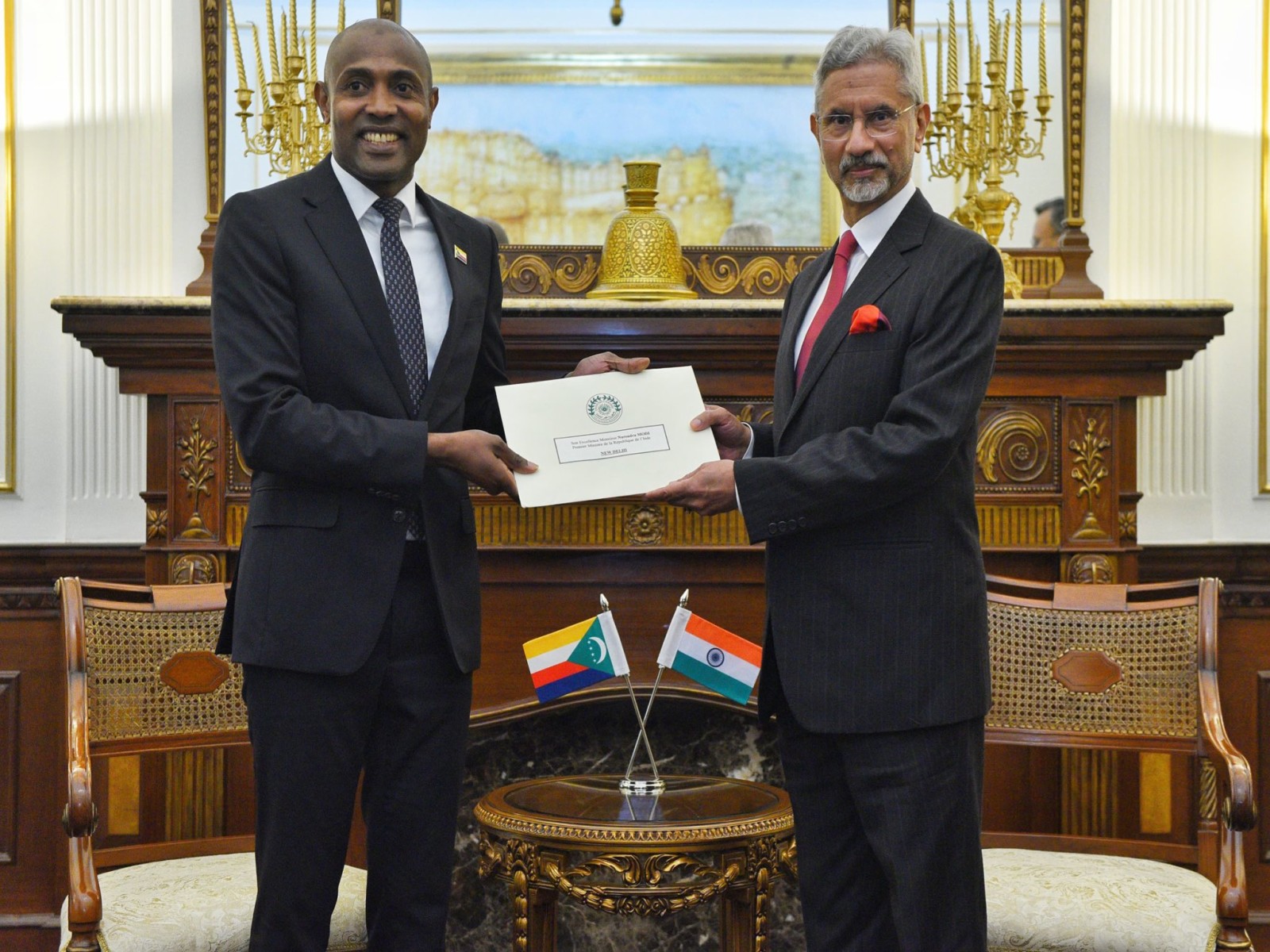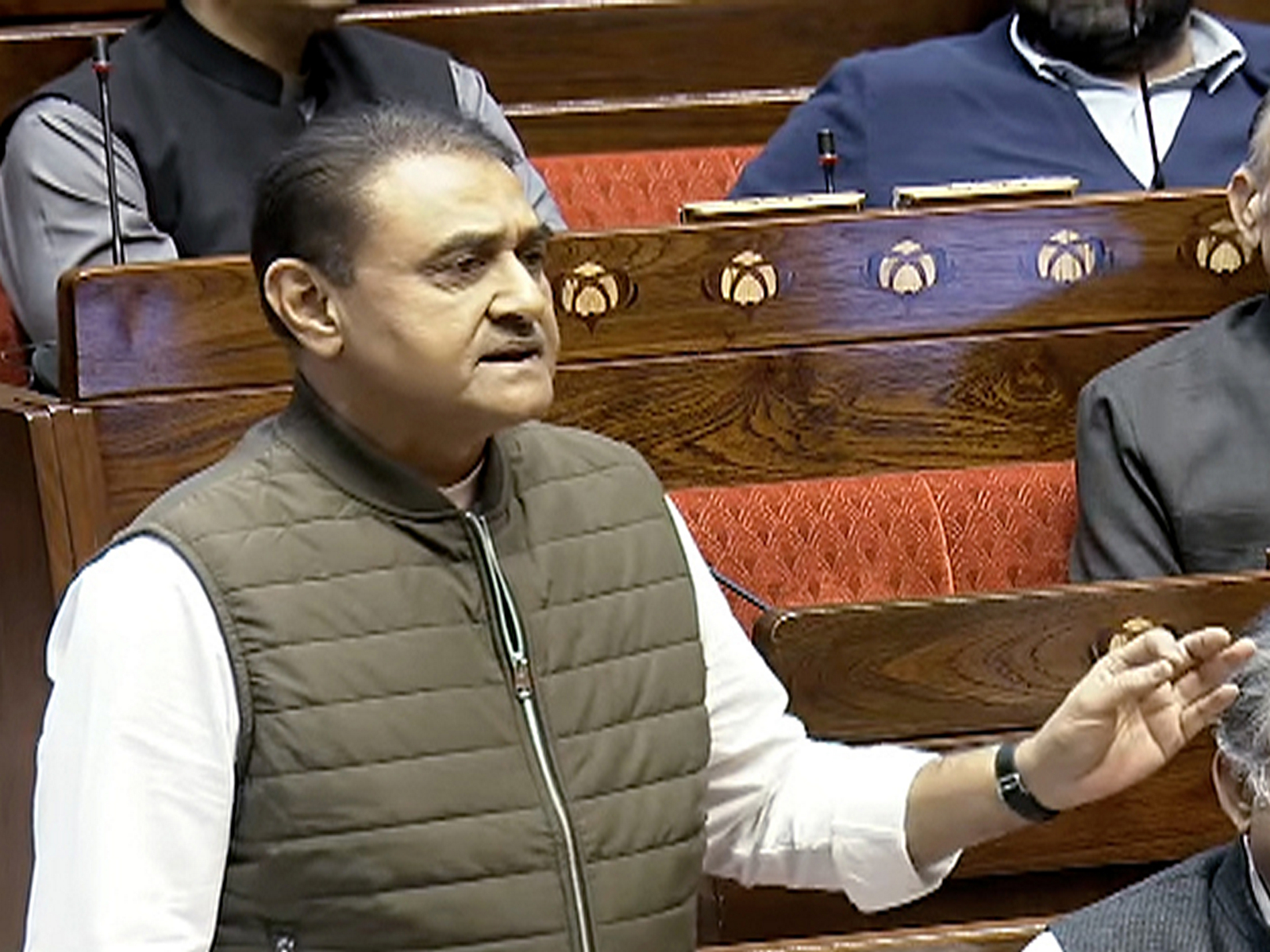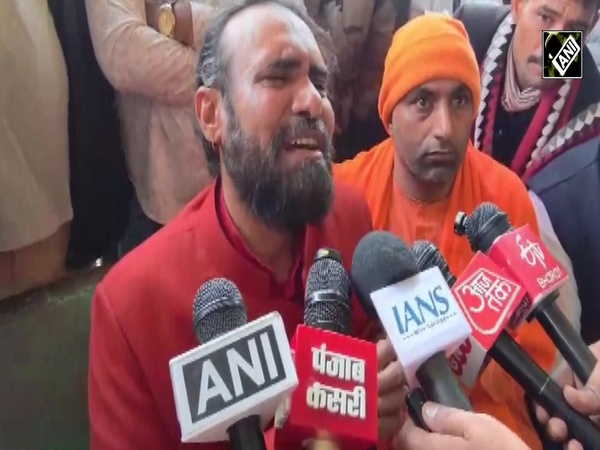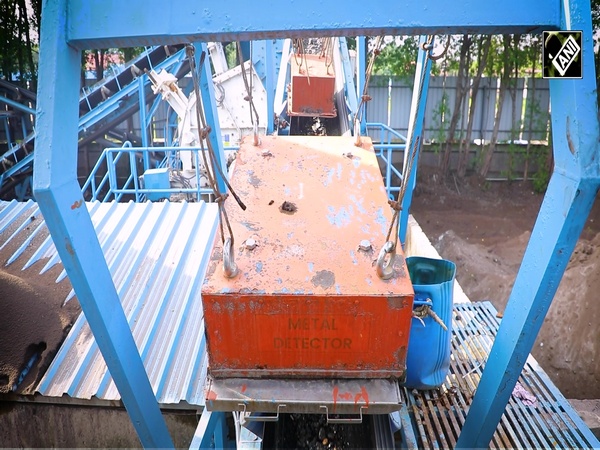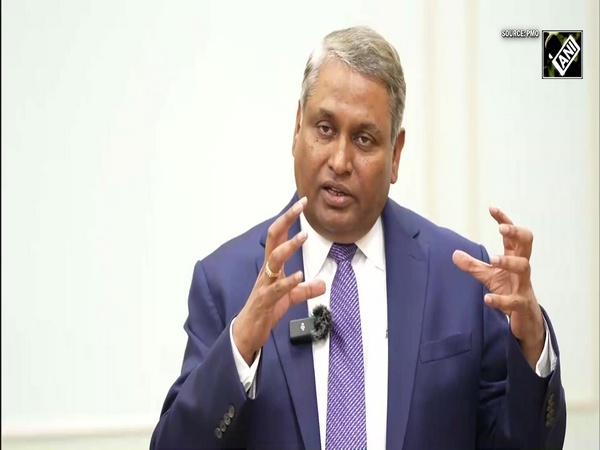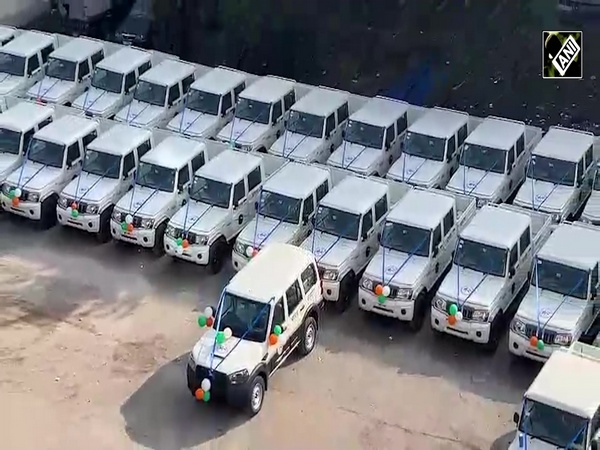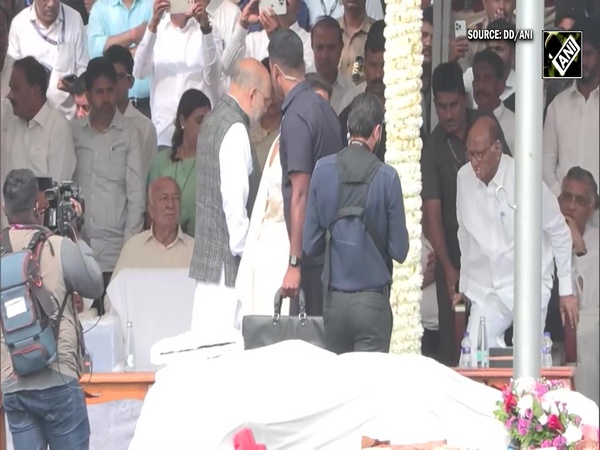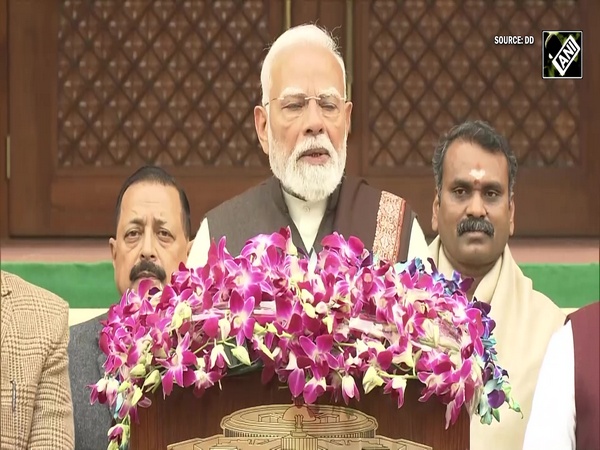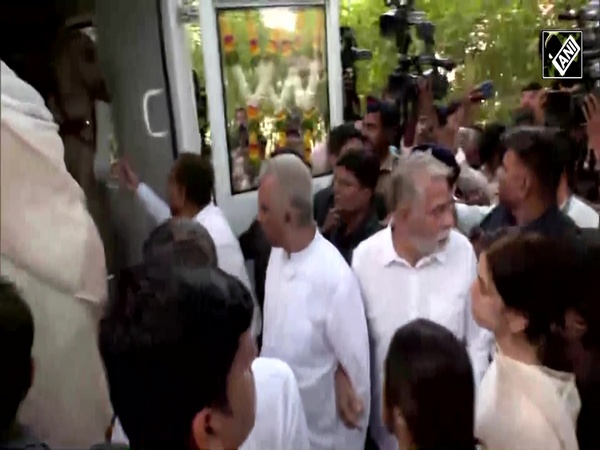Sri Lankan economic crisis: Nearly 1000 public, private unions to launch massive protest tomorrow
Apr 27, 2022

Colombo [Sri Lanka], April 27 : Protesting the Sri Lankan government led by Rajapaksa, around 1000 public and private sector unions are set to launch a massive strike on April 28.
Trade Unions and Mass Organizations said that government, semi-government and private sector workers will go on a token strike to protest against the government, reported Colombo Page.
Under the theme 'Bow to the people-government go home', a strike and a joint hartal will be organized, said Ravi Kumudesh, Co-Convener of the Trade Union Coordination Center.
Among those joining the strike will be workers from all sectors including education, transport, estates, ports, electricity, banks, postal services, Samurdhi, and development officers.
About 50 per cent of hospitals and employees will also join the strike without disrupting hospital services, he added.
To mark their protest against the Sri Lankan government, health workers on duty are to be dressed in black. Protests and marches will be held in front of all hospitals from 12.00 noon today and protests have also been organized in cities across the country.
Apart from that, a massive protest and rally organized by the striking unions is scheduled to take place tomorrow at 12.00 noon in front of the Fort Railway Station.
A total of 5000 people are also expected to gather near Fort Railway Station at noon and march towards Galle Face Green and Temple Trees. The striking unions are planning to march from several locations, including the Lipton Roundabout in Colombo, to the Galle Face People's Struggle Grounds to join the protest, as per the Sri Lankan media outlet.
A series of protests have also been organized in cities across the country, including Colombo, by University students.
Sri Lanka has been gripped by an economic crisis with foreign debt estimated at USD 51 billion. The country appears to be on the edge of a "humanitarian crisis", according to the United Nations Development Programme, as its financial troubles grow, with rising food prices, and the country's coffers have run dry.

